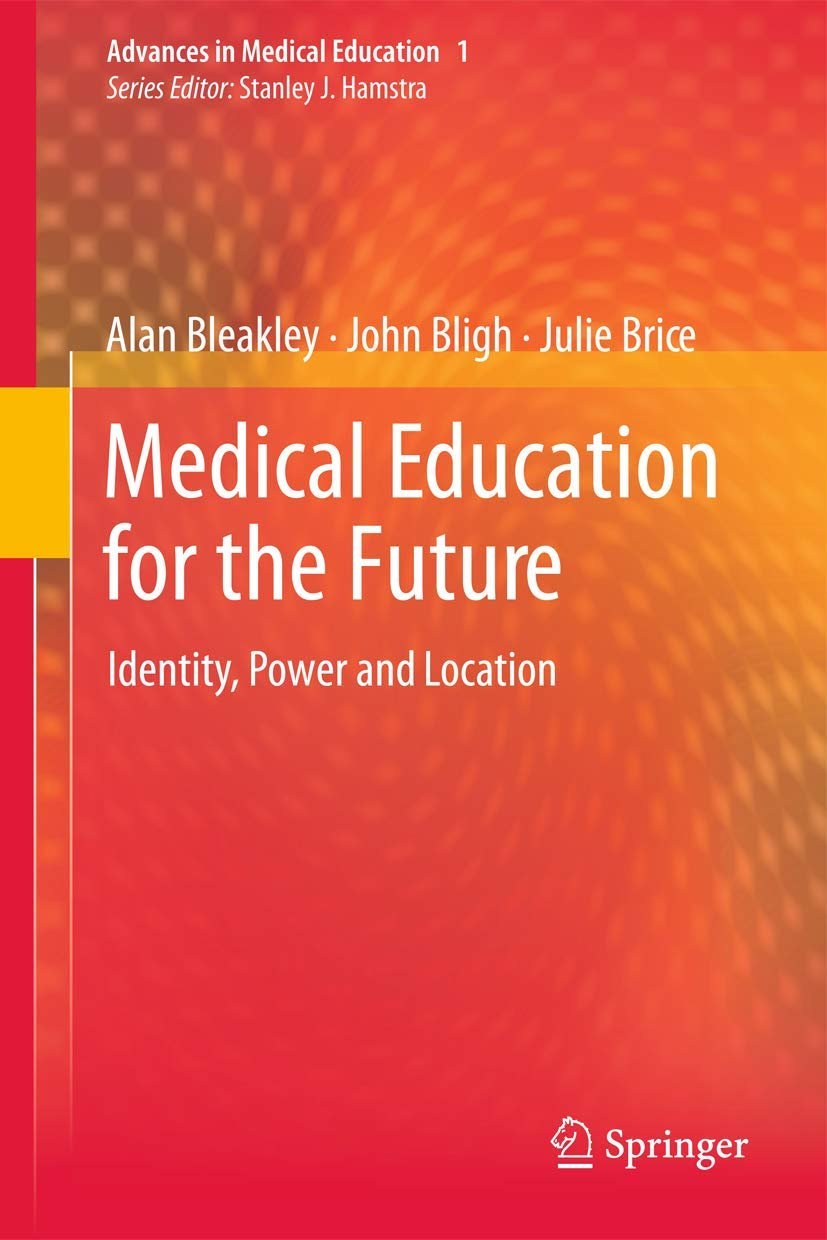The purpose of medical education is to benefit patients by improving the work of doctors. Patient-centeredness is a centuries-old concept in medicine, but there is still a long way to go before medical education can be considered patient-centered. Ensuring the patient’s centrality is a challenge during medical education, when students are still forming an identity as trainee doctors and conservative attitudes towards medicine and education are common amongst medical teachers, making it hard to bring about improvements. How can teachers, policymakers, researchers, and doctors bring about lasting change that will restore the patient to the heart of medical education? The authors, experienced medical educators, explore the role of the patient in medical education in terms of identity, power, and location. Using innovative political, philosophical, cultural, and literary critical frameworks that have previously never been applied so consistently to the field, the authors provide a fundamental reconceptualization of medical teaching and learning, with an emphasis on learning at the bedside and in the clinic. They offer a wealth of practical and conceptual insights into the three-way relationship between patients, students, and teachers, setting out a radical and exciting approach to medical education for the future.“The authors provide us with a masterful reconceptualization of medical education that challenges traditional notions about teaching and learning. The book critiques current practices and offers new approaches to medical education based on sociocultural research and theory. This thought-provoking narrative advances the case for reform and is a must-read for anyone involved in medical education.” –
David M. Irby, PhD, Vice Dean for Education, University of California, San Francisco School of Medicine; and co-author of Educating Physicians: A Call for Reform of Medical School and Residency
“This book is a truly visionary contribution to the Flexner centenary. It is compulsory reading for the medical educationalist with a serious concern for the future – and for the welfare of patients and learners in the here and now.”
Professor Tim Dornan, University of Manchester Medical School and Maastricht University Graduate School of Health Professions Education.

